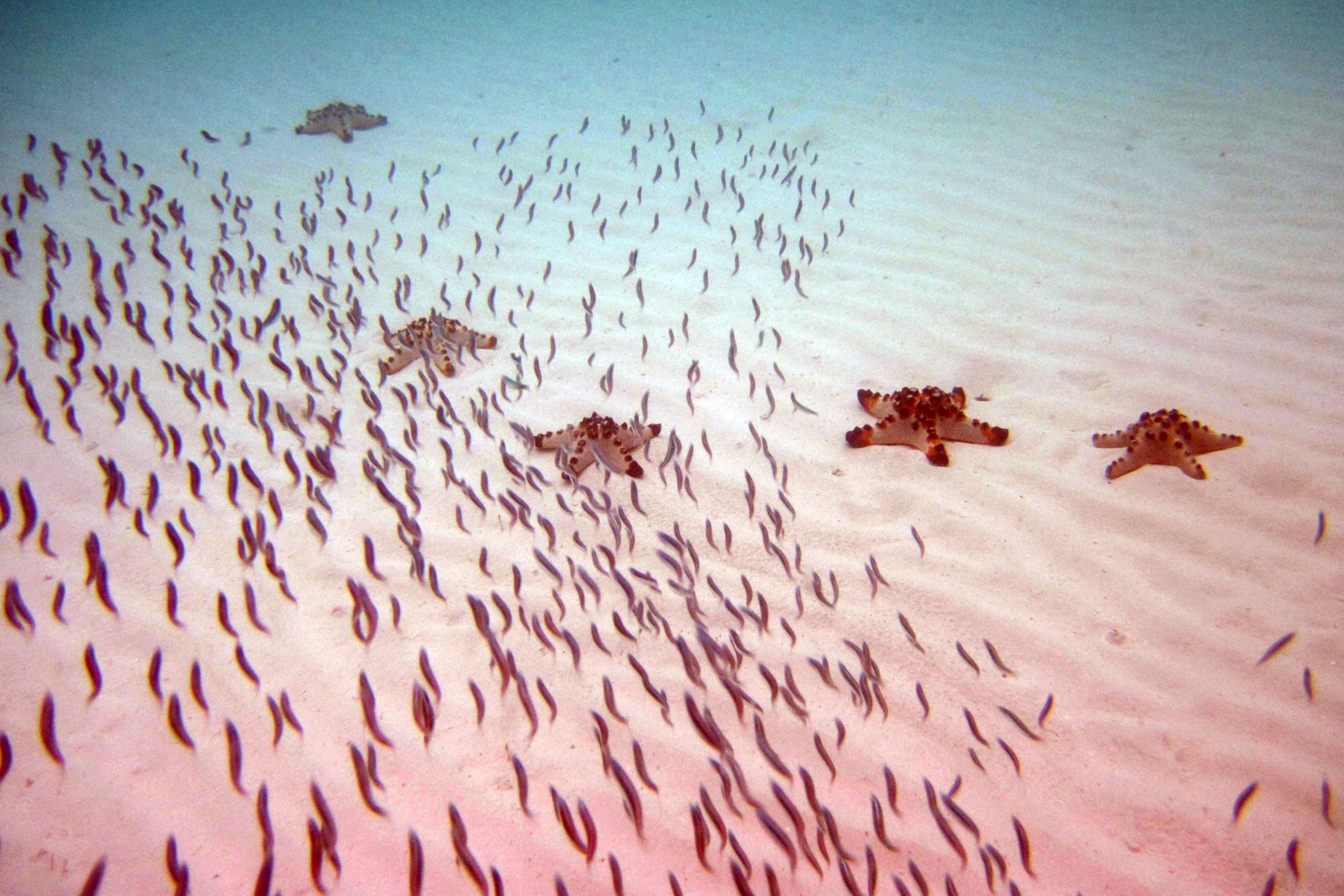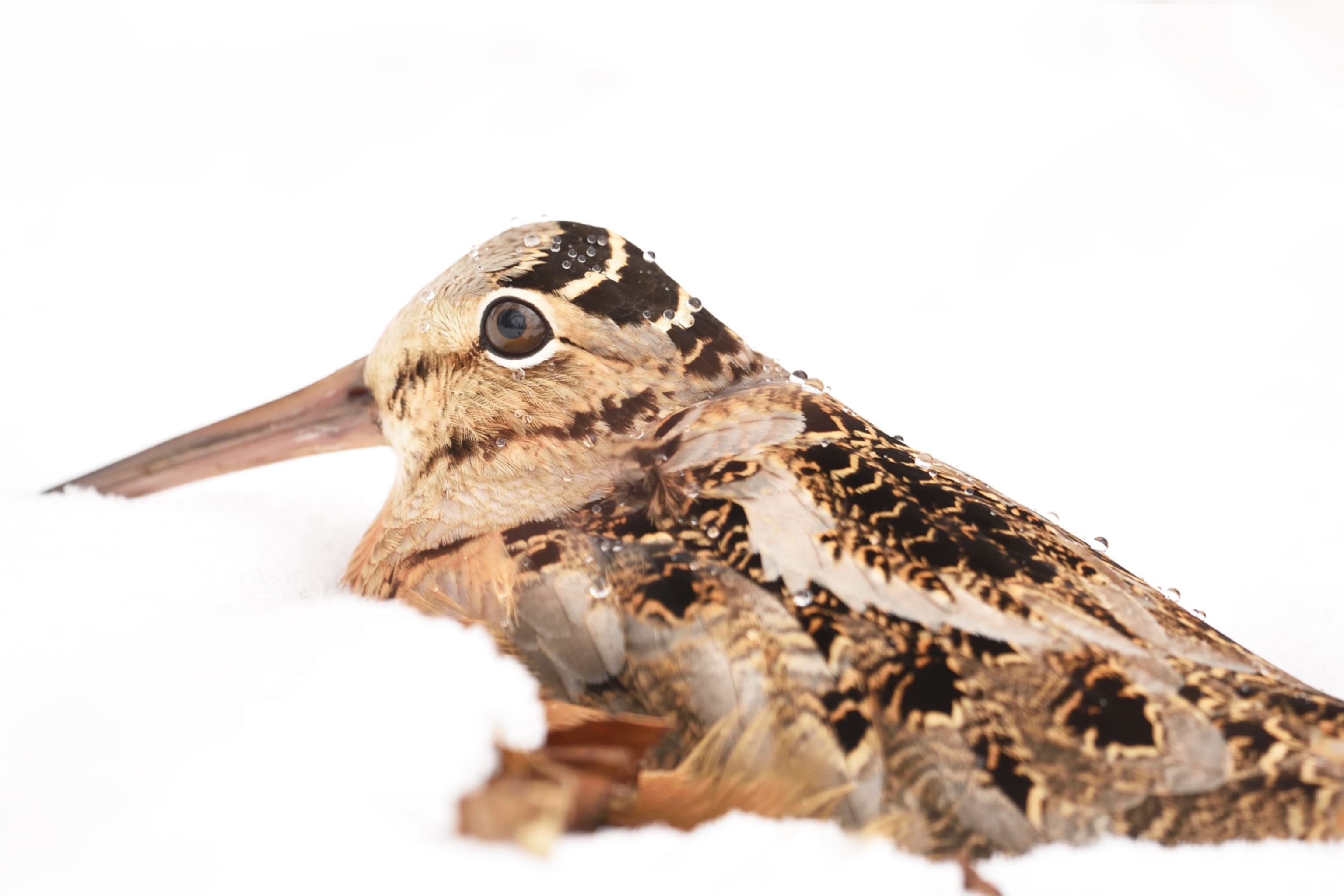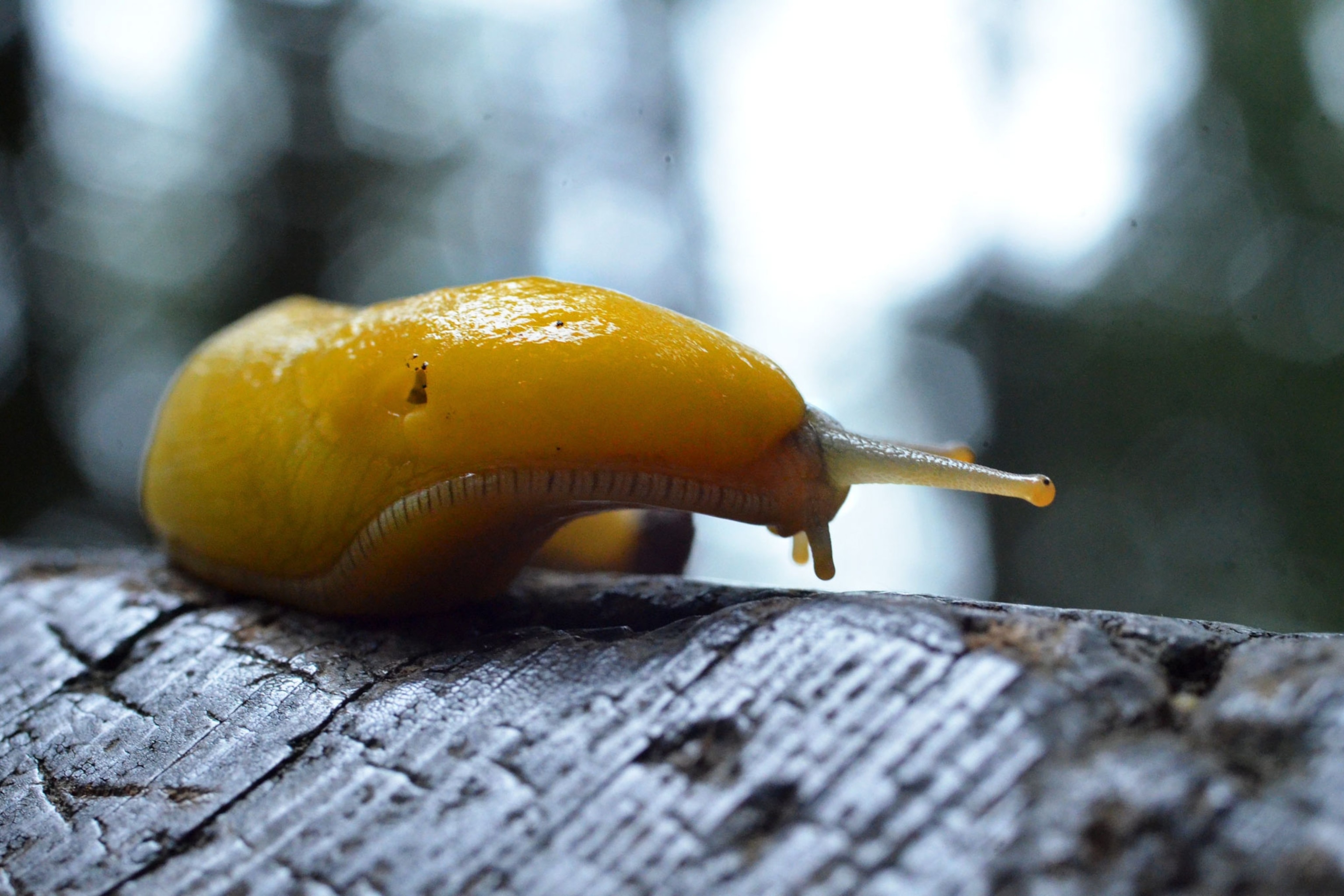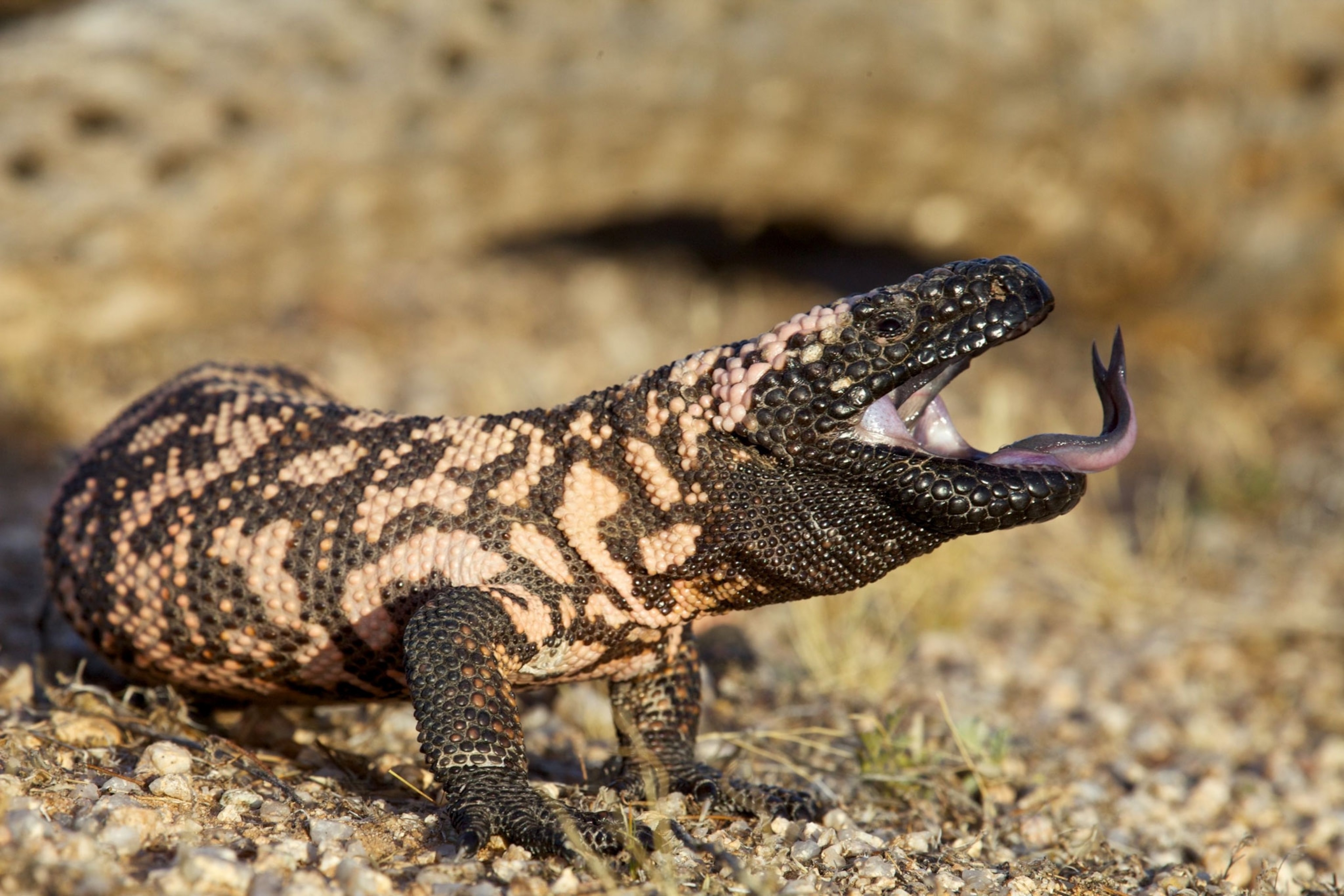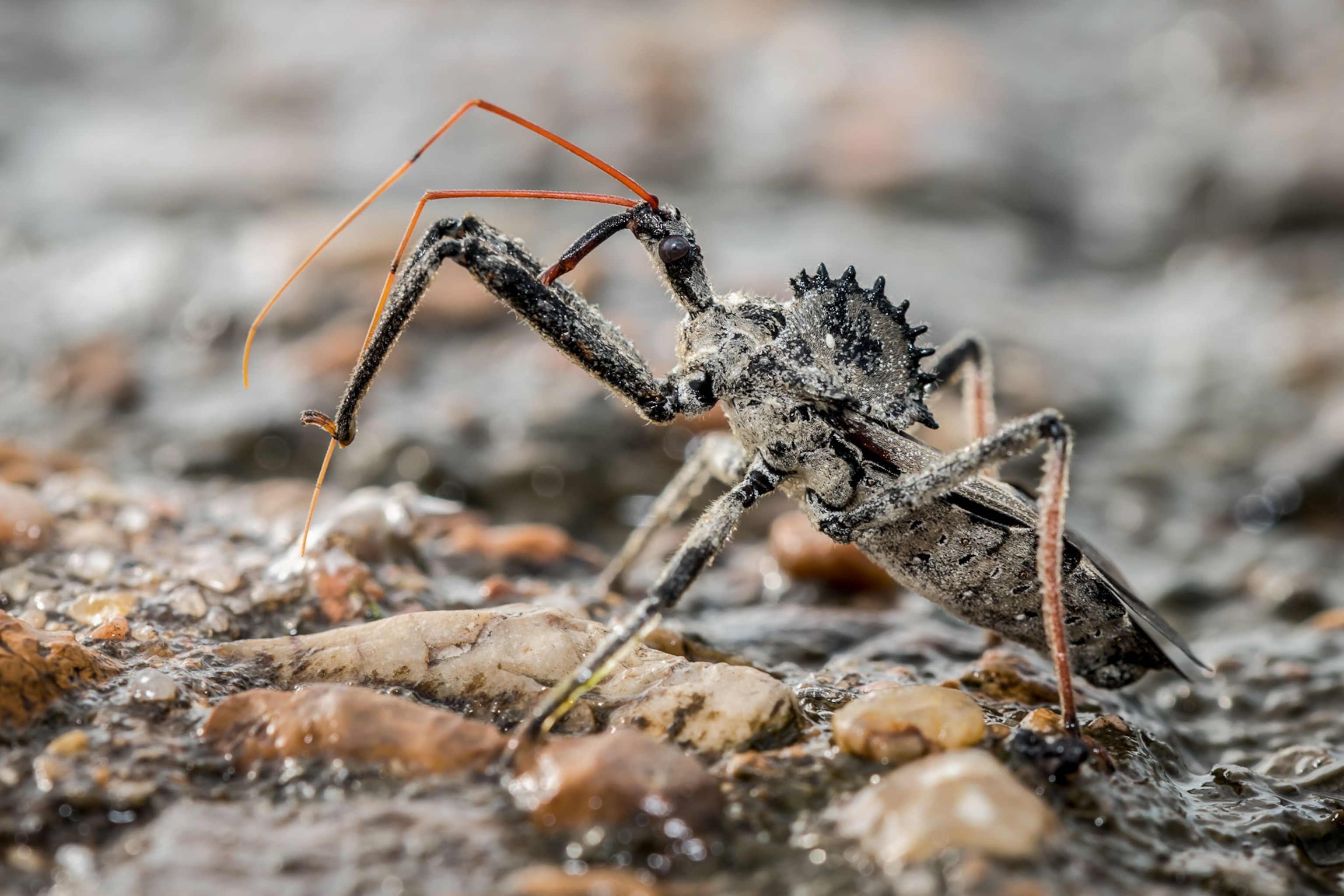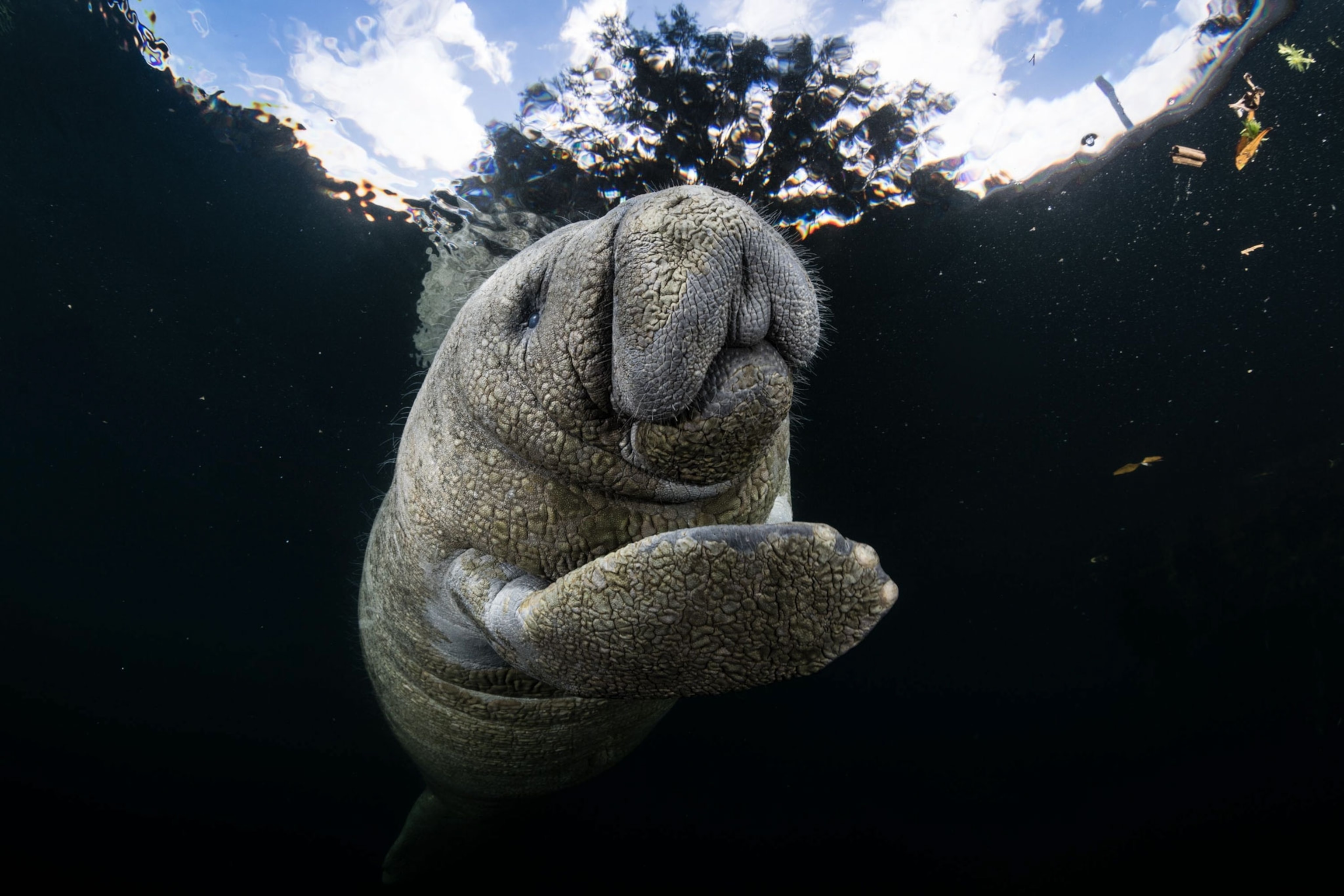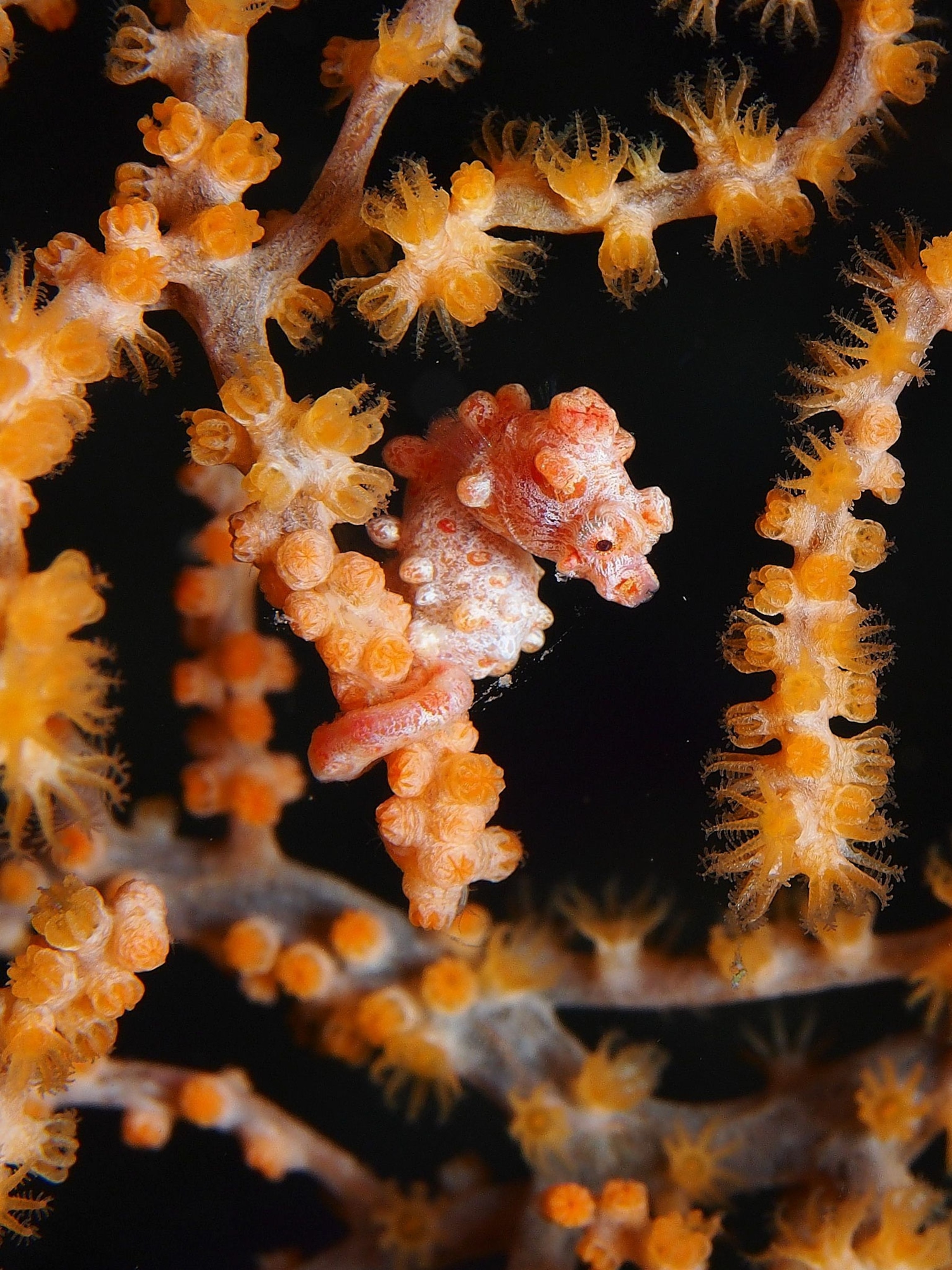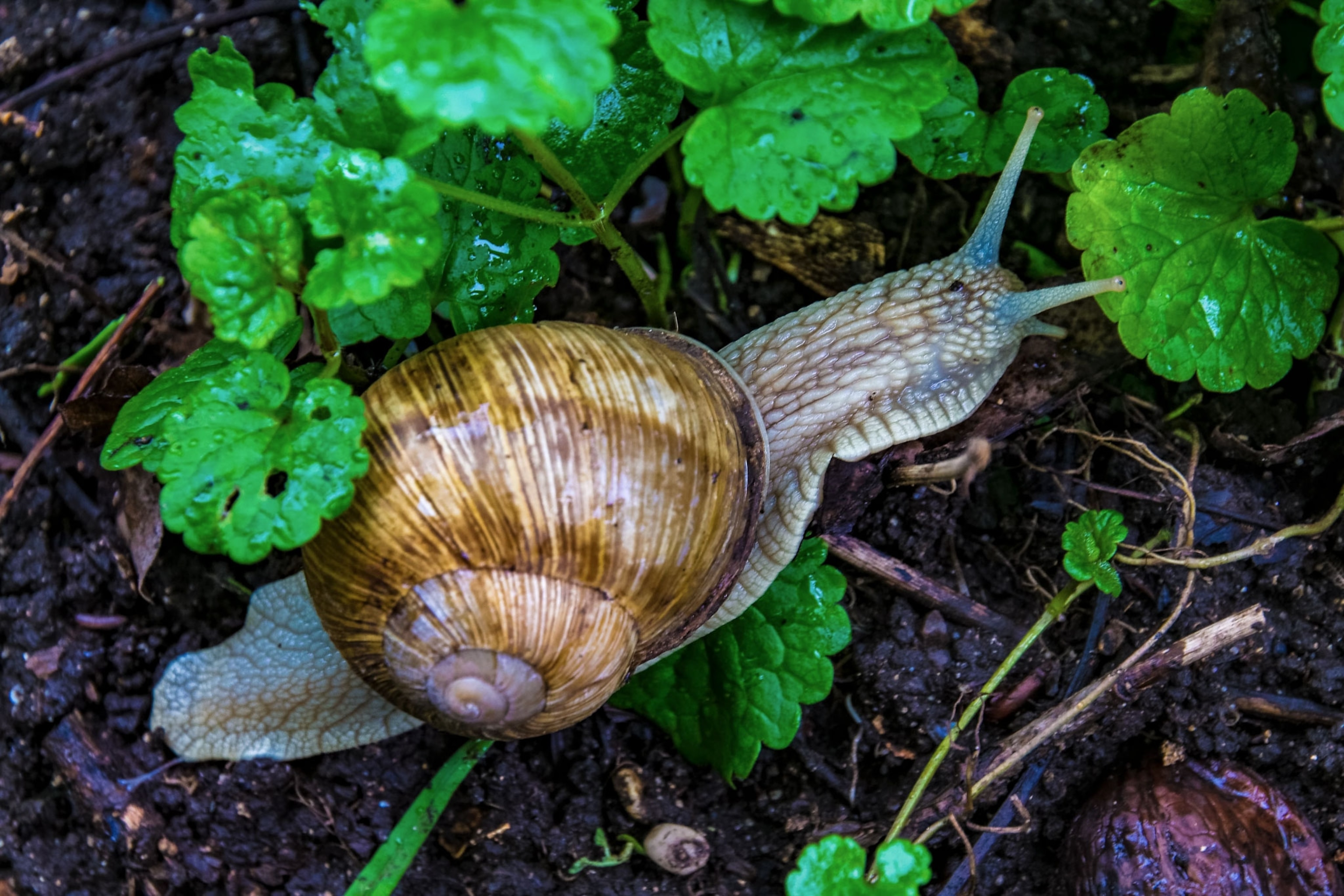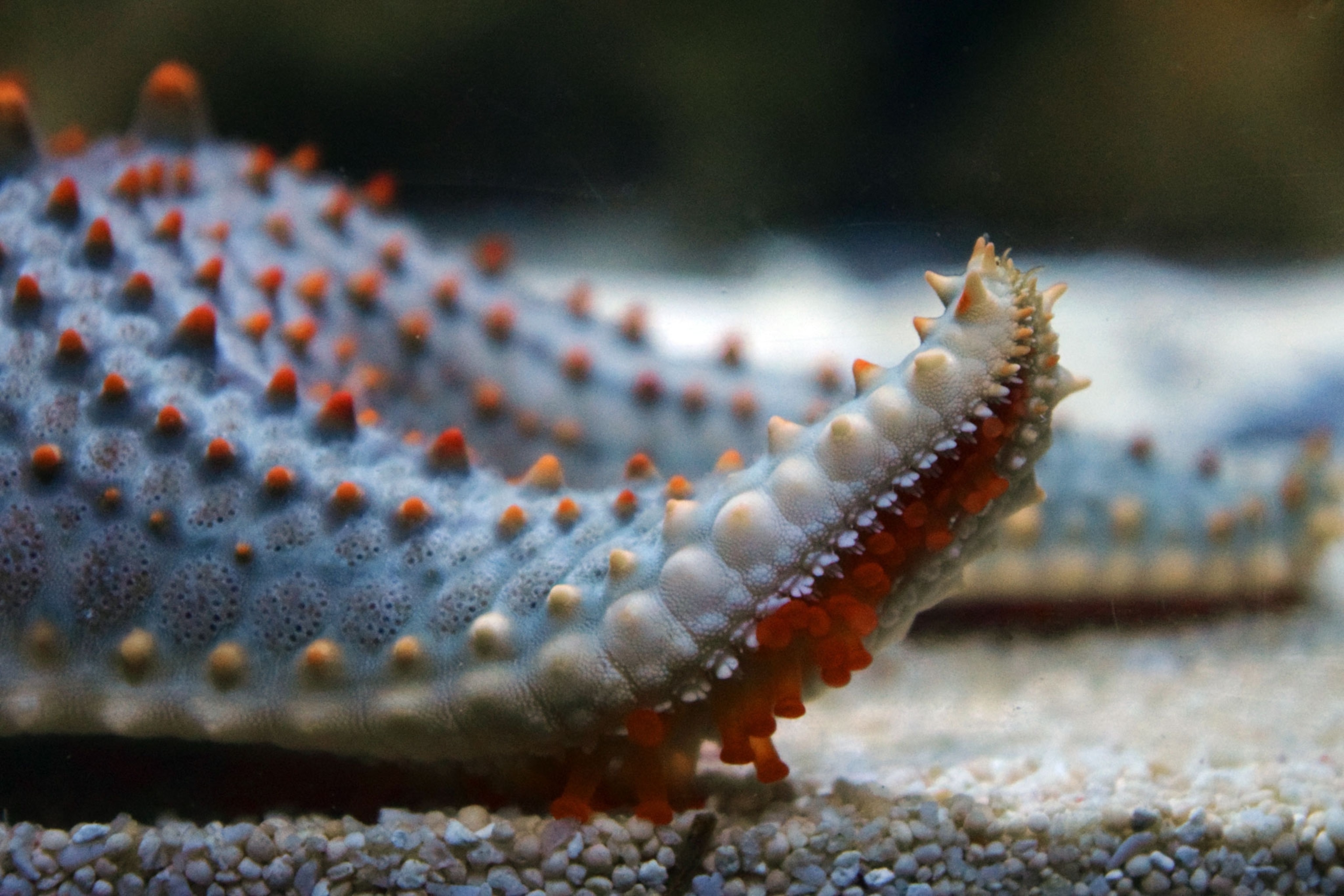Enormous Extinct Sea Cow Fossil Found on Russian Island
While lacking a head, the marine mammal bones could reveal more details about the little-known species.
When Maria Shitova saw what looked like white poles jutting out of the sand at a beach in Russia, she thought they were part of a manmade fence. But instead of digging up city planning, her research team exhumed the nearly complete skeleton of a gargantuan sea cow hours later.
The team had to dig less than three feet into the earth on the remote Commander Islands in Russia's Komandorsky Nature Reserve before they found the 17-foot-long remains of the extinct creature. The 10-ton specimen lacks a skull and several bones, but it has 45 vertebrae, 27 ribs, and a left scapula. The well-preserved skeleton will be displayed at the visitor center, nature reserve officials say.
"This is the only sea cow that we've ever found that's intact in situ," says Lorelei Crerar, a George Mason University professor who published a paper on sea cows in 2014. "All we've got is just this one record of this animal and that's it."
In 1987, an almost 10-foot-long specimen was discovered on Bering Island, but it has since been disassembled. Today, The Guardian reports that the Finnish Museum of Natural History has one of the most complete sea cow skeletons in its possession.
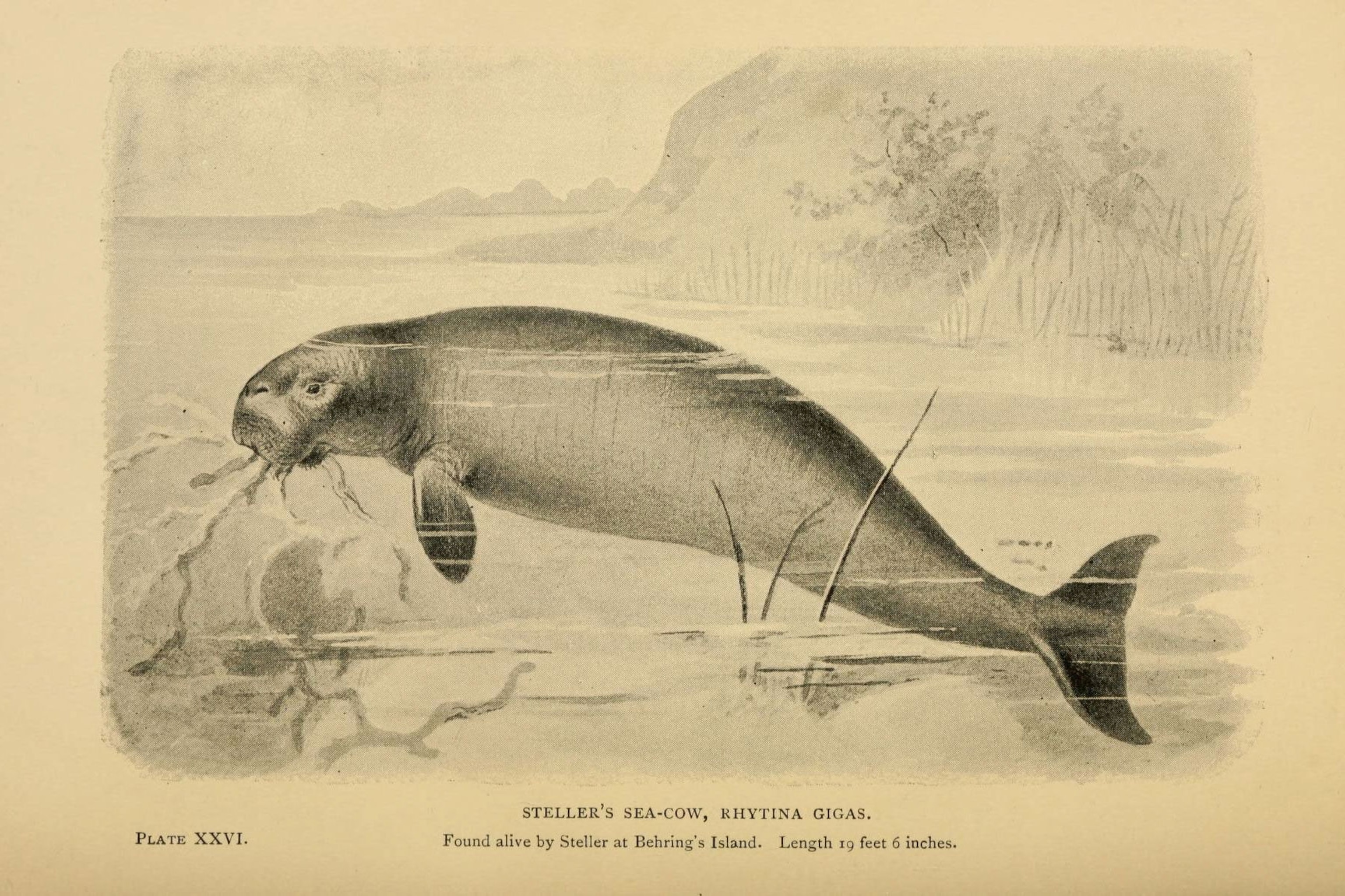
Crerar is hopeful the skeleton's head is in the area somewhere, and might be unearthed by further excavation. When Georg Steller, the German explorer who discovered the creatures in 1741, returned from the Great Northern Expedition, he had to leave a sea cow carcass behind. Crerar says this skeleton could be the abandoned animal.
Closely related to other mammals like modern dugongs and manatees, twenty-foot Steller's sea cows used to swim the waters between Russian and Alaska beginning up to 11,700 years ago. Steller said they breathed air, never submerged, and may have walked on land. Instead of teeth, the fork-tailed creatures munched on sea grass and kelp with an upper lip of white bristles and two keratin mouth plates. They were monogamous, social, and mourned their dead.
"When a female was caught the male, after trying with all his strength, but in vain, to free his captured mate, would follow her quite to the shore, even though we struck him many blows," described an explorer hunting sea cows in 1751. "When we came the next day, early in the morning, to cut up the flesh and take it home, we found the male still waiting near his mate."
At one point, estimates say there were 2,000 sea cows swimming in the Arctic sea. But the animals went extinct in 1768, 27 years after they were discovered. In addition to studying the species, Steller and his crew hunted the animals, likely killing 10 to 20 of them for their meat, Crerar says. Apparently, the gentle giants' 4-inch-thick layer of blubber tasted like almond oil and could feed 33 people for a month.
"Hopefully, there'll be some more information released," Crerar says. "This is a family of animals that was enormous at one point and has shrunk down."










